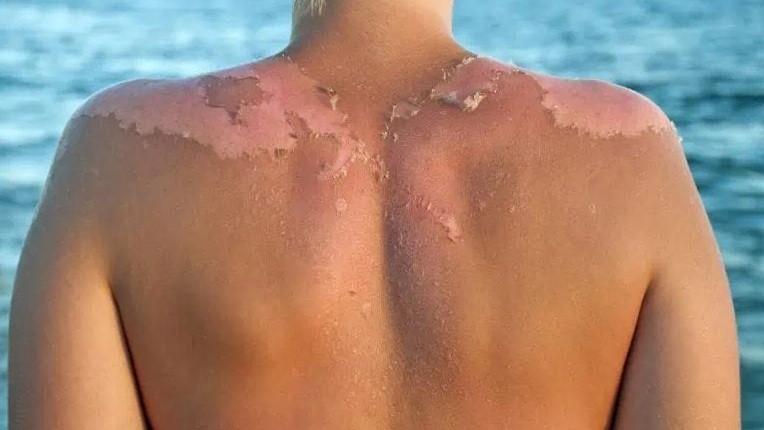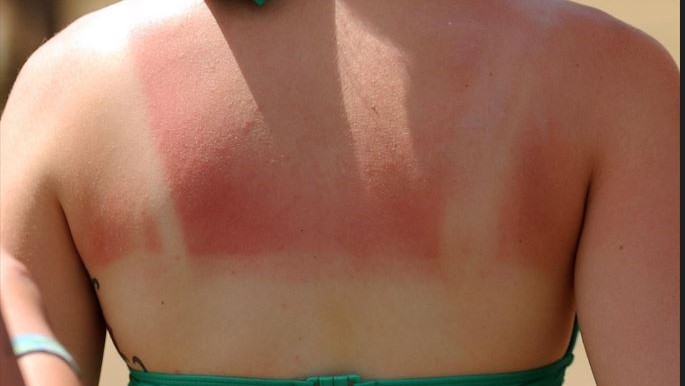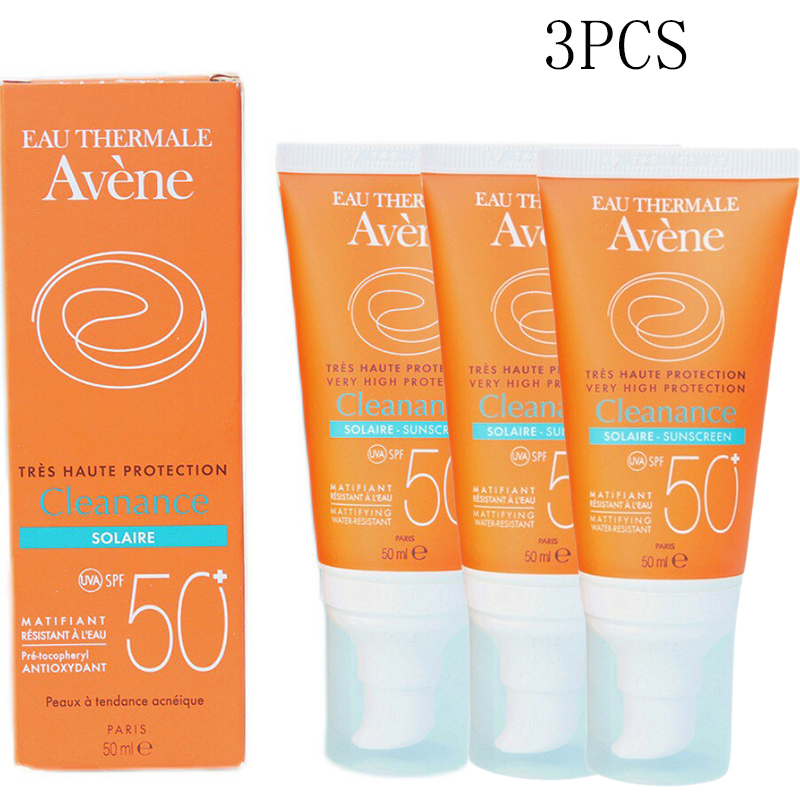
The Dangers Of Sunburn And How To Get Protections
Table of Contents
Sunburn is a condition that occurs when the skin is exposed to the sun’s ultraviolet (UV) radiation for an extended period of time, causing damage to the skin cells.
This damage leads to a range of symptoms, including redness, pain, swelling, and even blistering in severe cases.
The importance of sun protection cannot be overstated. Exposure to UV radiation from the sun can lead to a variety of skin problems, including premature aging and skin cancer.
While the sun’s rays provide vitamin D, which is essential for good health, excessive exposure to the sun can be dangerous and lead to serious health problems.
How to protect your skin from sunburn

Sun protection involves taking steps to reduce your risk of sunburn and skin damage. This includes wearing protective clothing, such as long-sleeved shirts, hats, and sunglasses, as well as using sunscreen with a high SPF (sun protection factor) on all exposed skin. It’s important to reapply sunscreen regularly, especially after swimming or sweating.
In addition to protecting your skin from the sun’s harmful rays, taking these steps can also help prevent skin damage and the development of skin cancer.
This makes sun protection an essential part of a healthy lifestyle and one that should be taken seriously by people of all ages.
Causes of Sunburn

There are several factors that can contribute to the development of sunburn. Understanding these causes can help you take steps to protect yourself from the harmful effects of the sun.
Here are some of the most common causes of sunburn:
- UV radiation: The primary cause of sunburn is exposure to UV radiation from the sun. UV radiation can damage the DNA in your skin cells, leading to skin damage and the development of skin cancer. The intensity of UV radiation varies depending on a number of factors, including the time of day, the season, and your geographic location.
- Skin type and sensitivity: People with fair skin are more susceptible to sunburn than those with darker skin. This is because fair skin contains less melanin, which provides natural protection against UV radiation. Individuals with sensitive skin may also be more prone to sunburn, as their skin may be more susceptible to damage.
- Time of day and year: The intensity of UV radiation is highest during midday when the sun is directly overhead. UV radiation is also stronger during the summer months, when the sun’s rays are more direct and intense.
- Reflective surfaces: Surfaces like sand, snow, and water can reflect UV radiation back onto your skin, increasing your risk of sunburn. This is why it’s important to wear protective clothing and sunscreen even when you’re not directly in the sun.
- Medications: Some medications can increase your sensitivity to UV radiation, making you more susceptible to sunburn. These include certain antibiotics, anti-inflammatory drugs, and acne medications.
Additionally, if you take any medications, be sure to speak with your doctor about whether they may increase your risk of sunburn.
Prevention of Sunburn
Prevention is key when it comes to protecting your skin from sunburn. Here are some effective strategies you can use to prevent sunburn:
- Sunscreen: One of the most important things you can do to prevent sunburn is to use sunscreen with a high SPF. Moreso, it is also important to choose a sunscreen that is labeled broad-spectrum, as this has the capacity to protect against booth the UVA (casues sunburn and leads to cancer) and UVB (causes tanning and leads to wrinkles and aging) radiation. It’s important to reapply sunscreen every two hours, or more frequently if you are swimming or sweating.
- Protective clothing and accessories: Wearing protective clothing and accessories can also help prevent sunburn. This includes wearing long-sleeved shirts, pants, hats with wide brims, and sunglasses with UV protection. Some clothing brands also offer UV-protective clothing that can be worn during outdoor activities.
- Seeking shade: When possible, seek shade during peak UV hours, which are typically between 10 a.m. and 4 p.m. If you’re at the beach or park, bring an umbrella or find a shady spot under a tree to protect your skin from the sun’s rays.
- Avoiding peak UV hours: In addition to seeking shade during peak UV hours, try to avoid prolonged exposure to the sun during this time. Plan outdoor activities for earlier or later in the day, when the sun’s rays are less intense.
By using these strategies to prevent sunburn, you can protect your skin from the harmful effects of UV radiation.
Remember, even a single sunburn can increase your risk of developing skin cancer, so it’s important to take sun protection seriously.
Make sunscreen and protective clothing a part of your daily routine, seek shade, and avoid peak UV hours whenever possible. With a little effort, you can enjoy the outdoors while keeping your skin healthy and safe.
Note: The SPF number simply means how long it will take for the sun’s UV rays to redden or in this case negatively affect your skin tissues when you are making use of a sunscreen versus when you are not using anyone.
This is to assume that you applied the sunscreen exactly as directed on the label. For instance an SPF of 20, means that it will take 20 times longer before your skin will be burnt by the sun than if you are not using any sunscreen.
Treatment of Sunburn
If you do end up with sunburn, there are several steps you can take to help alleviate the discomfort and promote healing.
Here are some effective treatments for sunburn:
- Cooling and moisturizing the affected area: One of the best things you can do for sunburned skin is to apply a cool, damp cloth to the affected area. This can help soothe the skin and reduce inflammation. Keeping the skin moisturized with a gentle, fragrance-free lotion or aloe vera gel is also important.
- Over-the-counter pain relievers: Over-the-counter pain relievers like ibuprofen or acetaminophen can help relieve the pain and discomfort associated with sunburn. Make sure to always follow the dosage as specified.
- Aloe vera and other natural remedies: Aloe vera is a popular natural remedy for sunburn, thanks to its cooling and moisturizing properties. You can apply aloe vera gel directly to the affected area, or use a product that contains aloe vera. Other natural remedies that may help alleviate the symptoms of sunburn include oatmeal baths, apple cider vinegar, and witch hazel.
- Severe sunburn: when to see a doctor: If your sunburn is severe, you may need to see a doctor. Signs of severe sunburn include blistering, fever, chills, and dizziness. In some cases, severe sunburn can lead to dehydration, infection, or other complications. If you experience any of these symptoms, or if your sunburn is extremely painful, you should seek medical attention.
In addition to these treatments, it’s important to stay hydrated and avoid further sun exposure until your skin has fully healed. With proper treatment and care, most cases of sunburn will heal within a few days to a week. However, it’s important to take steps to prevent sunburn in the first place, as repeated sun exposure can lead to serious long-term health problems.
The importance of sun protection for healthy skin
As we’ve discussed, sunburn can be painful and uncomfortable in the short term, but the long-term effects can be even more serious. Repeated sun exposure can damage the skin and increase your risk of developing skin cancer, which is why sun protection is so important.
By taking steps to protect your skin from the sun’s harmful rays, you can reduce your risk of sunburn, skin damage, and skin cancer. This includes using broad-spectrum sunscreen, wearing protective clothing and accessories, seeking shade during peak UV hours, and avoiding prolonged exposure to the sun.
Remember, sun protection isn’t just important during the summer months or when you’re spending time at the beach. UV radiation can penetrate through clouds and even through windows, so it’s important to protect your skin year-round.
Making sun protection a part of your daily routine can help keep your skin healthy and prevent long-term damage. By taking care of your skin and being mindful of sun exposure, you can enjoy the outdoors while keeping your skin safe and beautiful for years to come.



One thought on “The Dangers Of Sunburn And How To Get Protections”